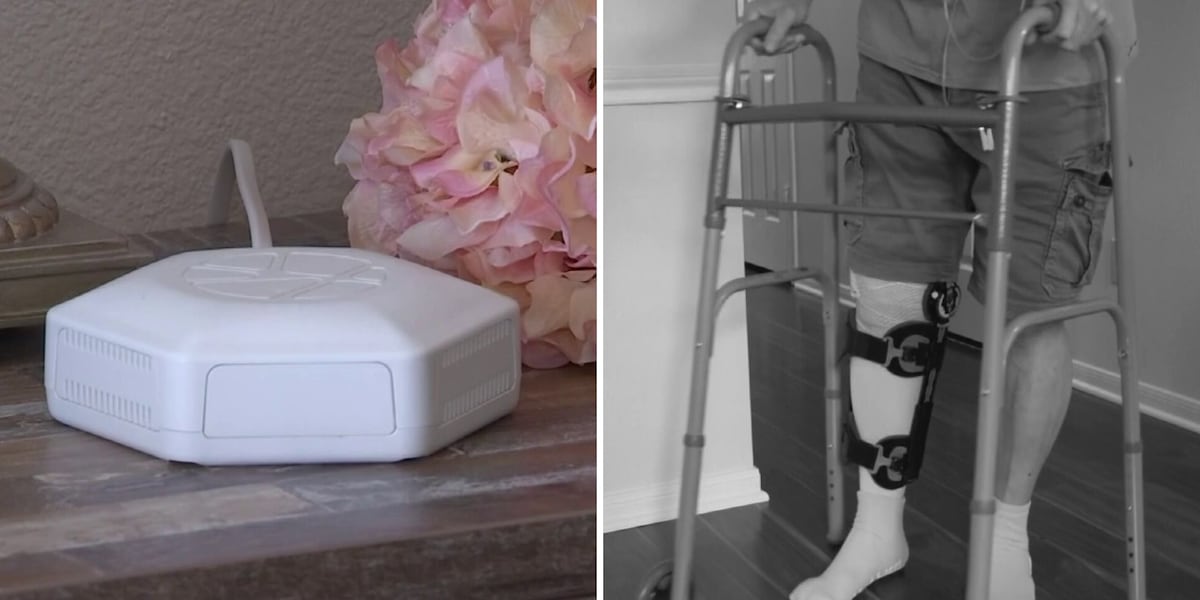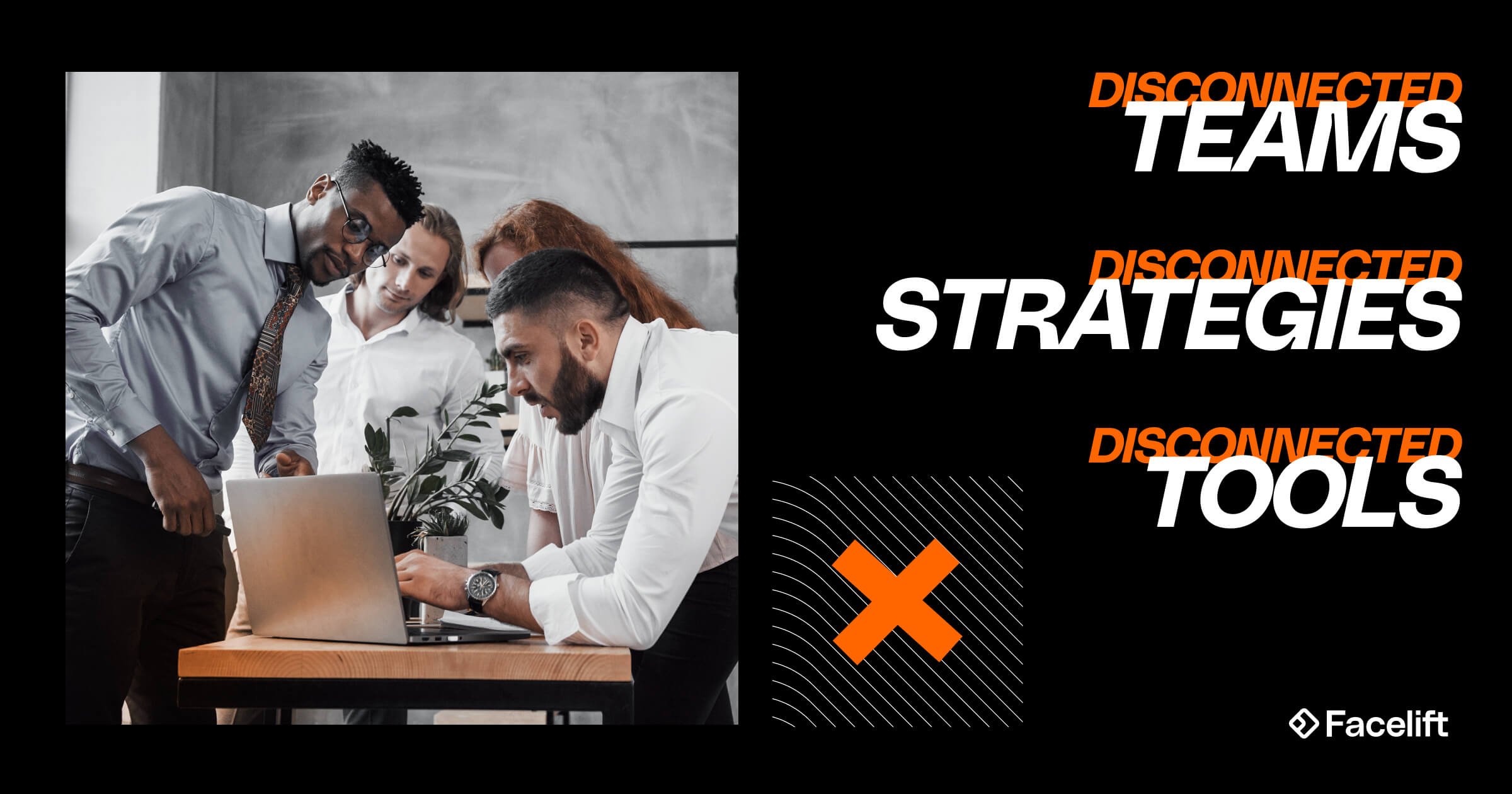MESA, AZ (AZFamily) — Growing older brings challenges, and the risk of falling is very real.
“A fall changes a person’s life forever,” said Tawnya Williams-Christensen, director of assisted living at Fellowship Square Mesa.
According to the U.S. Centers for Disease Control, 14 million Americans aged 65 and older report a decline each year. Seniors who fall can face expensive medical bills, rehabilitation and perhaps even a loss of independence.
“We spent a lot of time looking for fall detection, and suddenly we noticed it. Why am I trying to find people who have fallen? Is there a way I can prevent the falls?” said Jon Scott Williams, the executive director of Fellowship Square Mesa.
He says he found his answer in a little device called Paul. It is a radar-based device that uses artificial intelligence to analyze movement.
“They calculate those fall risk factors; how we sleep, how we move, how fast I walk, stability when walking, and everything is combined, and if a resident is at high risk of falling, this will be shown to the caregiver,” said Sandro Cilurzo, the founder and CEO of Helpany, from which Paul emerged.
Caregivers have access to a dashboard that alerts them to changes in a resident’s movements.
Maybe someone gets up more than usual. Maybe they didn’t use their call button for help getting to and from the bathroom. The device’s information and alerts now allow the caregiver to get there before a fall occurs. “It’s privacy preserving. No camera, no microphone, purely based on movement,” says Cilurzo.
Privacy is a major problem for residents. Still, for some, the thought of AI in their personal space was unwelcome.
“All these new technologies are scary at first,” says Williams-Christensen. “But once we fully understand them and we can express and educate staff and residents about how wonderful this can be for their lives and how they can live stronger for longer, people tend to buy in quite quickly.”
Fellowship Square Mesa believes the buy-in will pay off. In the past, residents averaged about 20 falls per month.
After they started using Paul in July, that number dropped to twelve. In August, there were six falls among residents, and in September and October, there were only four falls per month, according to Williams-Christensen.
“If you don’t fall, that means less resources from the fire department, less resources from the hospitals, less resources from families who have to leave to care for their loved one,” she said.
In the US, Paul is only available in assisted living and senior communities, but Cilurzo says the technology has been used successfully in private homes in Switzerland and there is potential for expansion.
Do you see a spelling or grammatical error in our story? Click here to report it.
Do you have a photo or video of a current news item? To steer it here for us with a short description.
Copyright 2024 KTVK/KPHO. All rights reserved.









